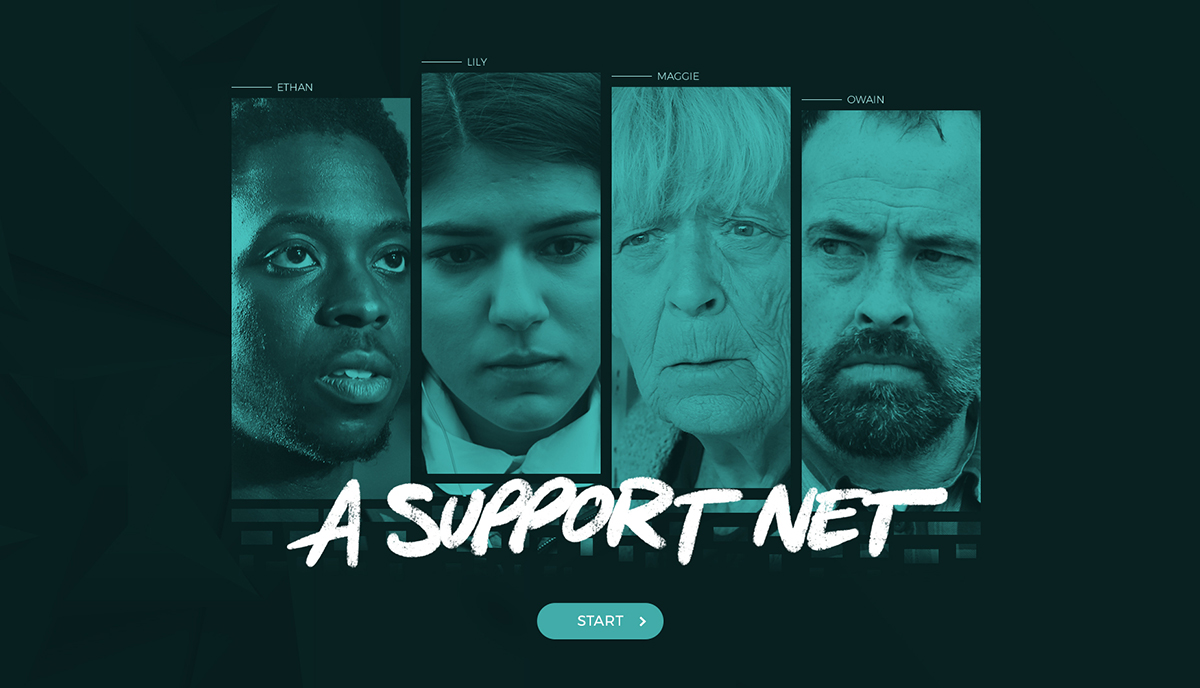 Select the image above to start your journey.
Select the image above to start your journey.
Instructions
For best results, use a modern web browser. Upgrade to the latest version of Internet Explorer or try a free alternative like Google Chrome, Firefox or Safari.
Try a FREE course
-

Making sense of mental health problems
Learn more to access more details of Making sense of mental health problemsOver the past century there has been a radical shift in responses to people who experience mental health problems. In this free course, Making sense of mental health problems, you will learn about how key perspectives in the field have made sense of mental health problems. By directly relating key perspectives to a case study, you will reflect ...
Free course
10 hours
Level: 2 Intermediate
-

Exercise and mental health
Learn more to access more details of Exercise and mental healthEach year thousands of pounds are spent on medications to treat conditions such as anxiety and depression. These medications often have negative side effects. Exercise is an alternative treatment that is low cost and has few side effects. In this free course, Exercise and mental health, we will look at the links between exercise and improved ...
Free course
2 hours
Level: 2 Intermediate
-

Challenging ideas in mental health
Learn more to access more details of Challenging ideas in mental healthTake a new and different look at mental health. This free course, Challenging ideas in mental health, invites you to think differently about life's dilemmas by taking account of the views of all concerned, especially people experiencing mental distress. It explores ideas and practice in mental health, and will appeal to a wide range of people.
Free course
8 hours
Level: 2 Intermediate
-

Work and mental health
Learn more to access more details of Work and mental healthAlthough being at work during periods of mental illness can be difficult for those with mental health problems, most people with these difficulties could take paid employment if it were not for numerous barriers in the workplace and the wider community (Centre for Mental Health, 2013). In this free course, Work and mental health, you will look ...
Free course
6 hours
Level: 2 Intermediate
-

Understanding depression and anxiety
Learn more to access more details of Understanding depression and anxietyThis free course, Understanding depression and anxiety, explores the causes of these mental health issues, with a particular focus on stress. You will consider some risk and causal factors for some depression and anxiety disorders, and learn about the biology and psychology behind them.
Free course
8 hours
Level: 2 Intermediate
Additional support
Experiencing mental health problems, or supporting someone who is can be hard to manage alone. Contacting your GP is a common starting point, if you are feeling mentally unwell - but also think about consulting a trained therapist, friends and family, charities, community and work support, and student services. Additionally, below is a list of useful resources and helplines:
- Mind's information and support pages
- Call the Samaritans on 116 123, for free or look at the other ways of contacting them.
- The NHS Mental health - live well pages
- The NHS overcoming addiction pages
This resource is part of the 'Wellbeing and Mental Health Collection' created by the Open University in Wales. You can learn more and find courses, articles and other activities on the collection's homepage.
-

Wellbeing and mental health collection
Read now to access more details of Wellbeing and mental health collectionThe mental health and wellbeing collection (Wales) provides a hub of free, bilingual resources that aim to promote positive wellbeing and support good mental health.
Article
Level: 1 Introductory
More on Mental Health
-

Making sense of mental health problems
Learn more to access more details of Making sense of mental health problemsOver the past century there has been a radical shift in responses to people who experience mental health problems. In this free course, Making sense of mental health problems, you will learn about how key perspectives in the field have made sense of mental health problems. By directly relating key perspectives to a case study, you will reflect ...
-

Exercise and mental health
Learn more to access more details of Exercise and mental healthEach year thousands of pounds are spent on medications to treat conditions such as anxiety and depression. These medications often have negative side effects. Exercise is an alternative treatment that is low cost and has few side effects. In this free course, Exercise and mental health, we will look at the links between exercise and improved ...
-

Mindfulness in mental health and prison settings
Learn more to access more details of Mindfulness in mental health and prison settingsThis free course, Mindfulness in mental health and prison settings, introduces the key ideas and practices of mindfulness, describes how it is helping counselling clients and prisoners, and also looks at some of the criticisms mindfulness has received in recent years.
-

Exploring anxiety
Learn more to access more details of Exploring anxietyThis free advanced level course, Exploring anxiety, serves as an introduction to masters level study in neurosciences and mental health. Focusing on anxiety, you will consider key issues concerning diagnosis, causes and interventions. You will also learn how to evaluate news items, and to go behind the headlines and begin to explore some of the ...
-

Panic attacks: what they are and what to do about them
Learn more to access more details of Panic attacks: what they are and what to do about themPanic attacks: what they are and what to do about them is a free course that should be helpful to anyone who experiences panic or panic attacks, for their family and friends, and anyone more generally interested in mental health and mental health treatment. The course starts by exploring formal definitions of panic and panic attack. These ...
Rate and Review
Rate this activity
Review this activity
Log into OpenLearn to leave reviews and join in the conversation.
Activity reviews
Gordon MacKay - 28 November 2017 9:18am
I have explored several routes offered and found this a geninely stimulating an thought provoking immersive experience.
On one point though I think the presented narrative was at odds with behaviours required, I think by law, of bar staff. It was clear Owain had 'had enough to drink' from his unwarranted abusive and threatening behaviour to a member of the public. The onus on the person behind the bar is to refuse further alcohol. Any further violence ocassioned by drink would reflect badly on the server and establishment but more importantly, might actively engender further risk to the public?
Mathijs Lucassen - 17 April 2018 1:44pm
Great to hear that you found this interactive thought-provoking. One would hope that bar staff would refuse to serve Owain, and that is certainly one of the options presented. Unfortunately, people (including bar staff) can make mistakes, in their attempts to help others.